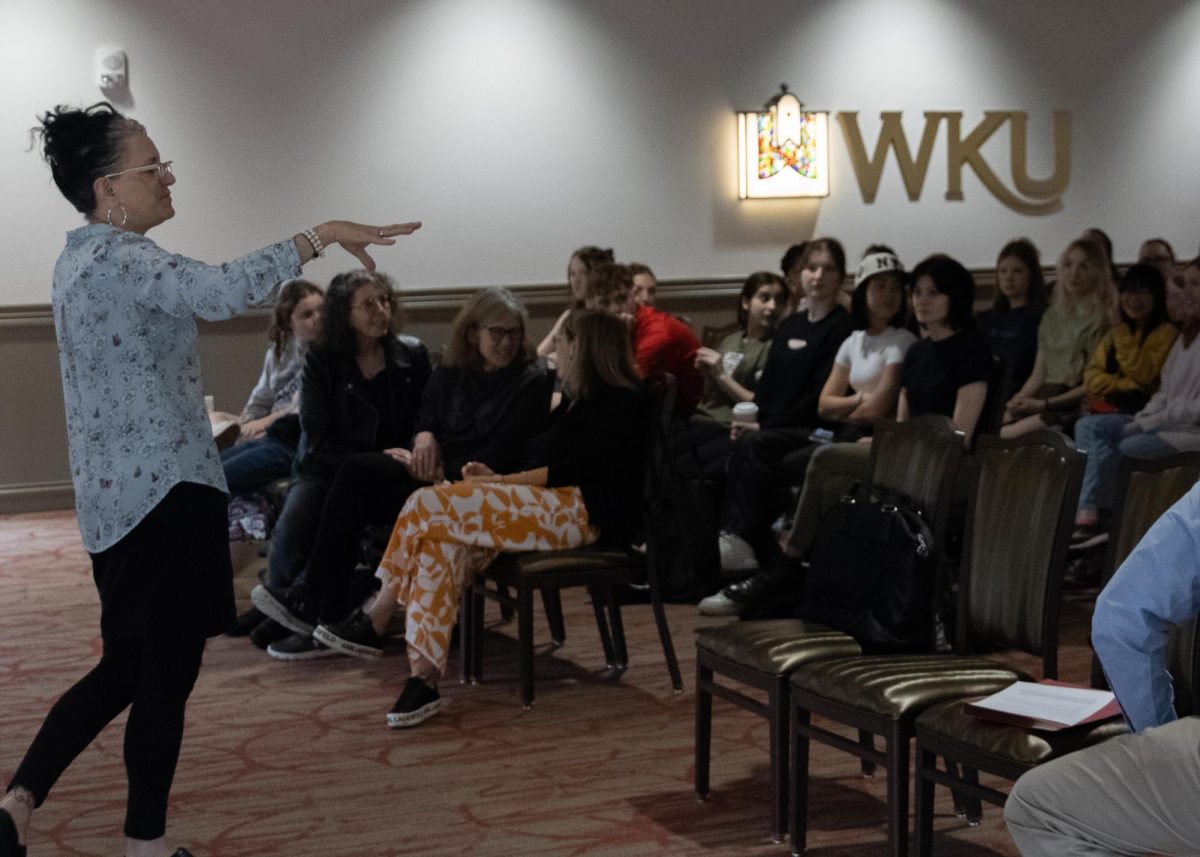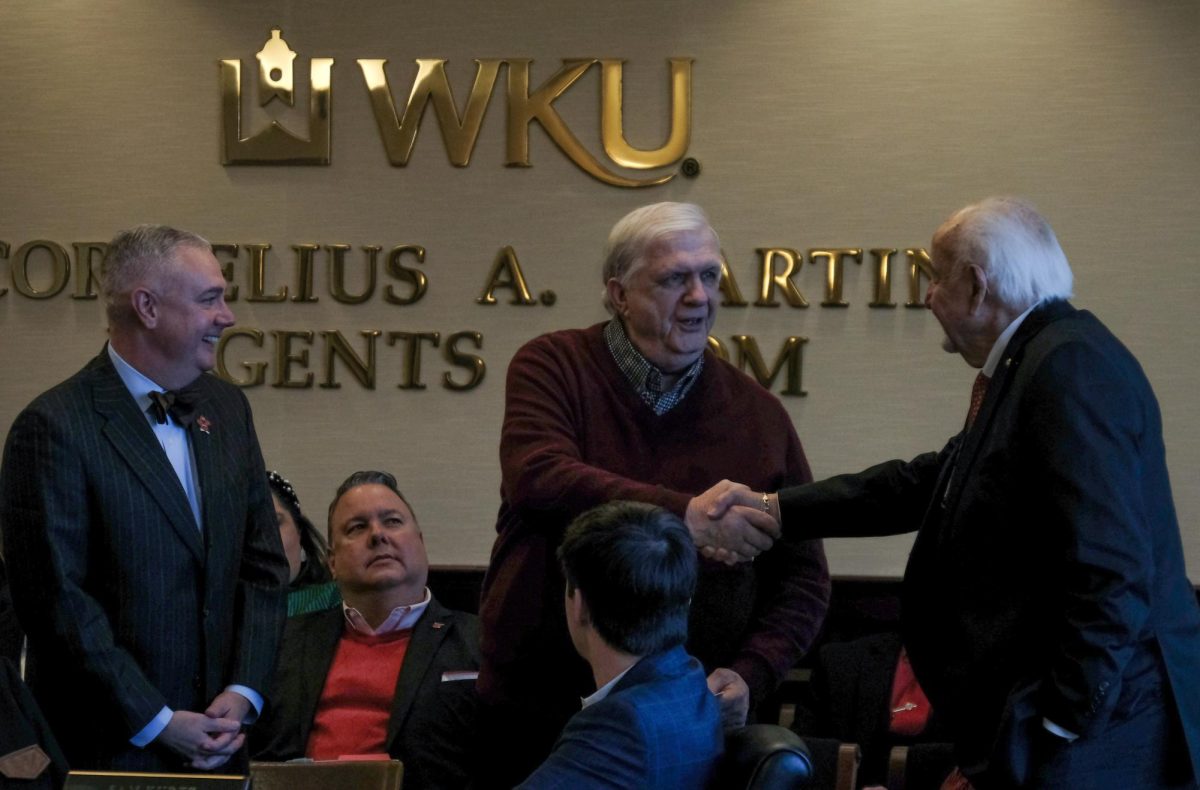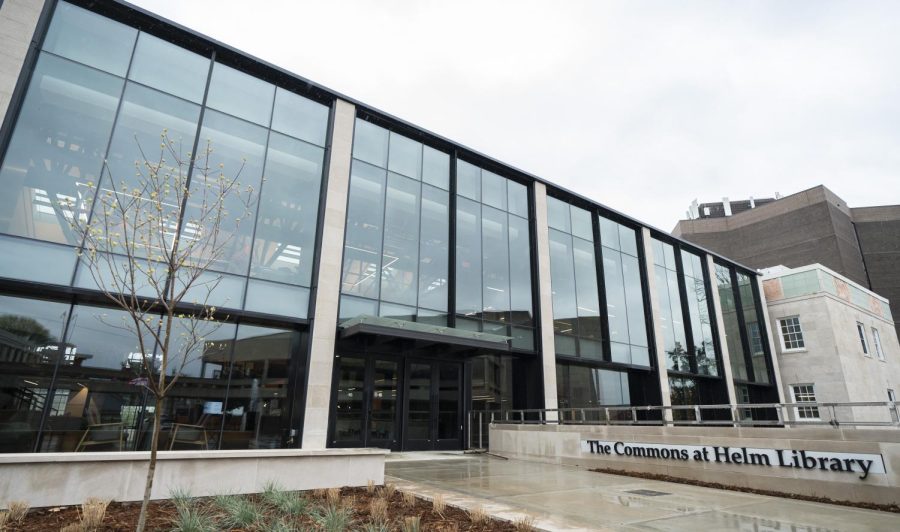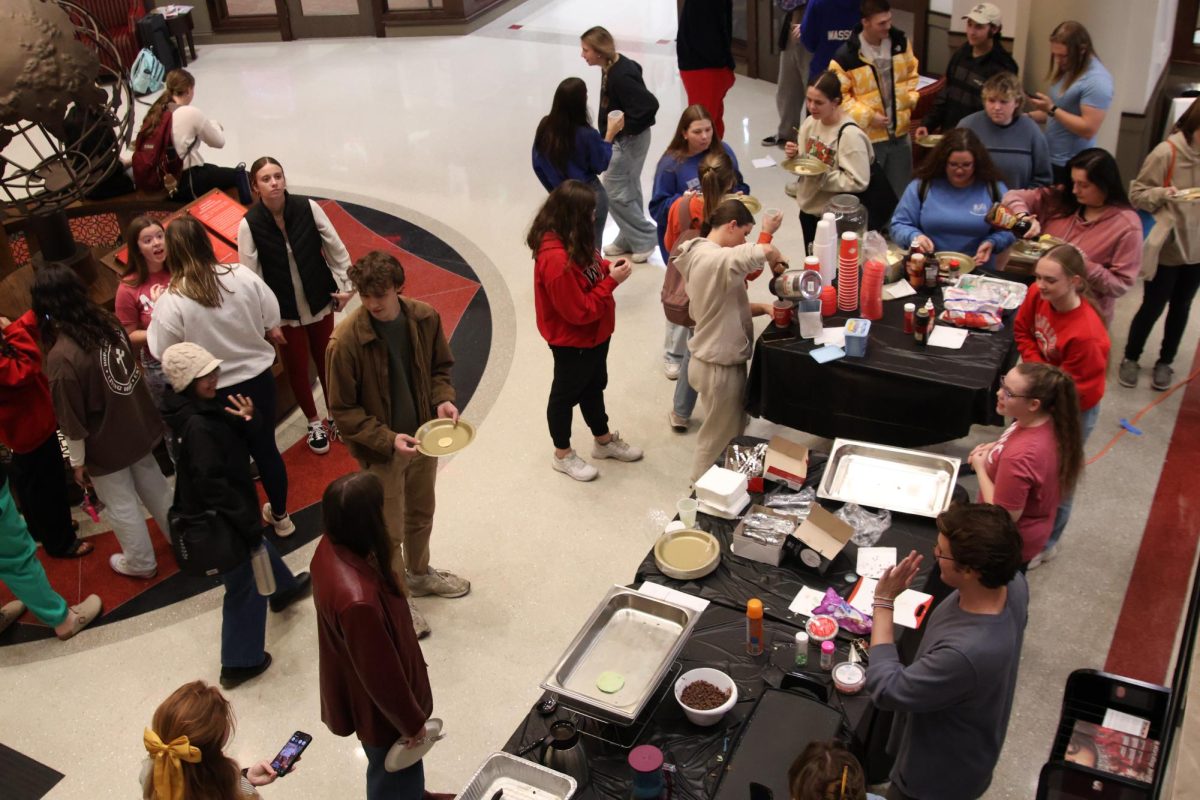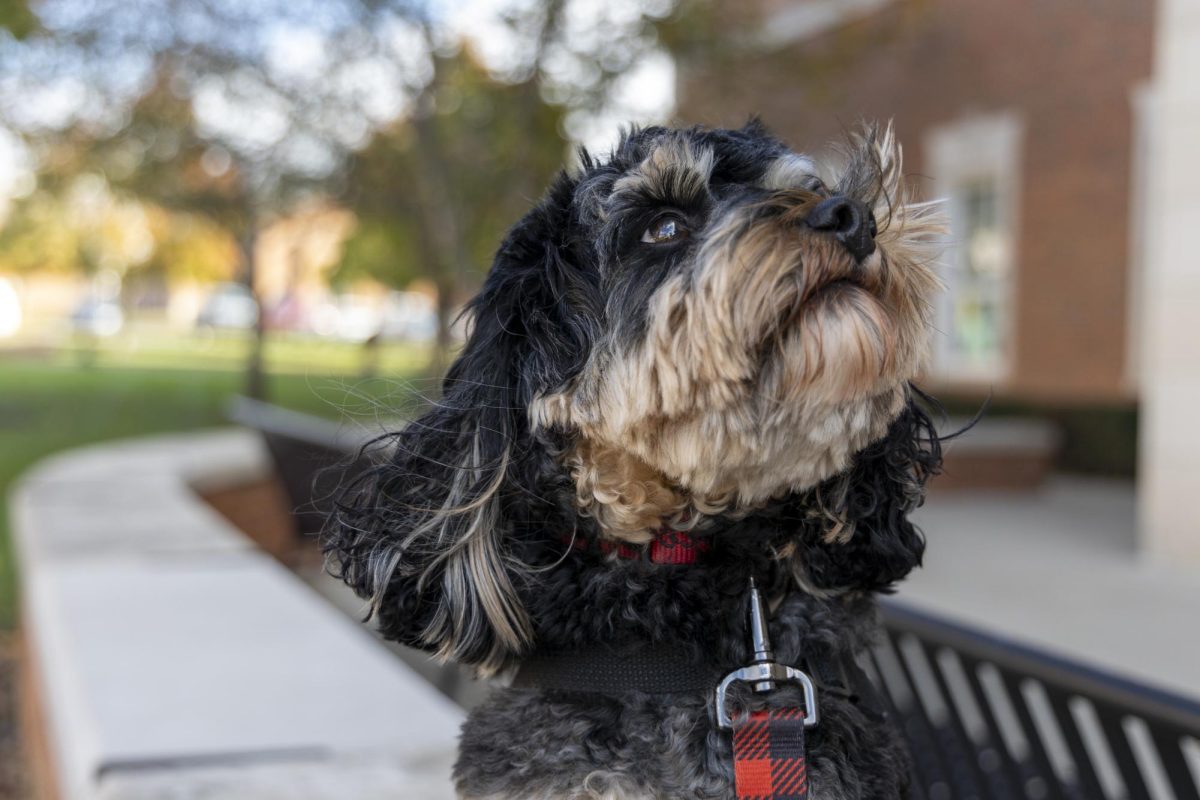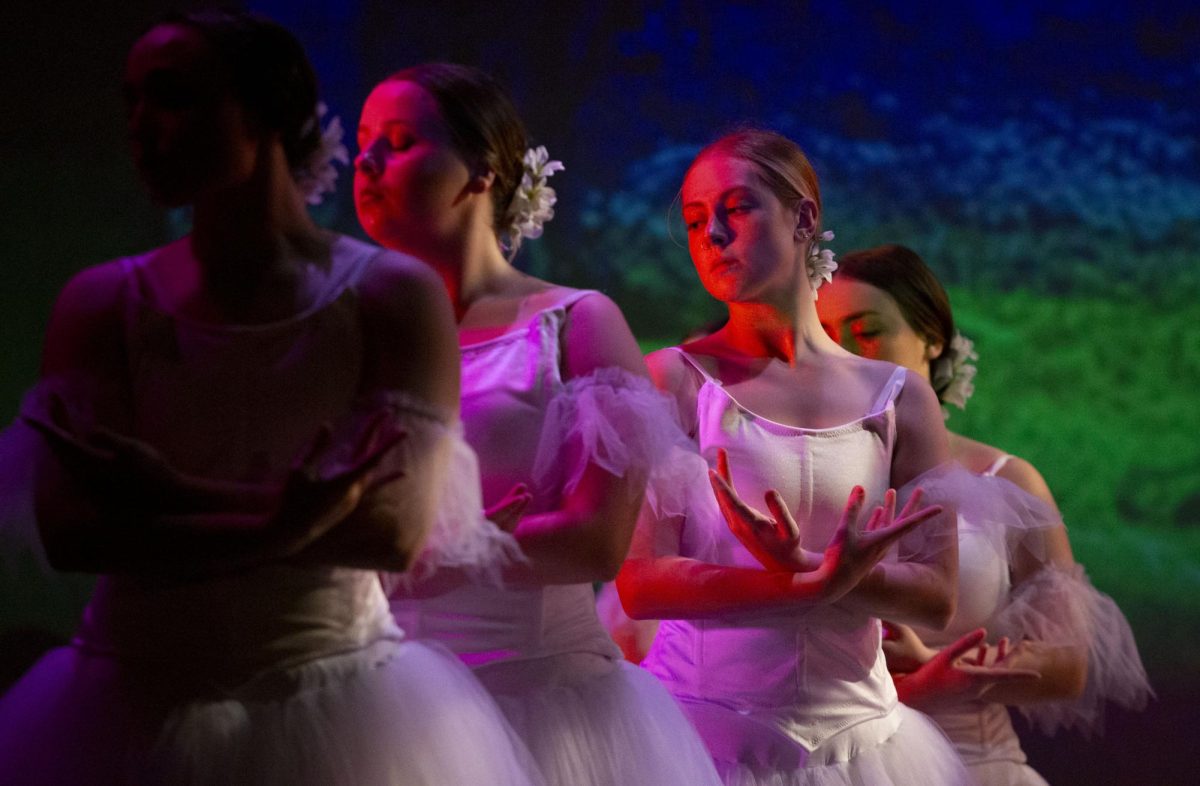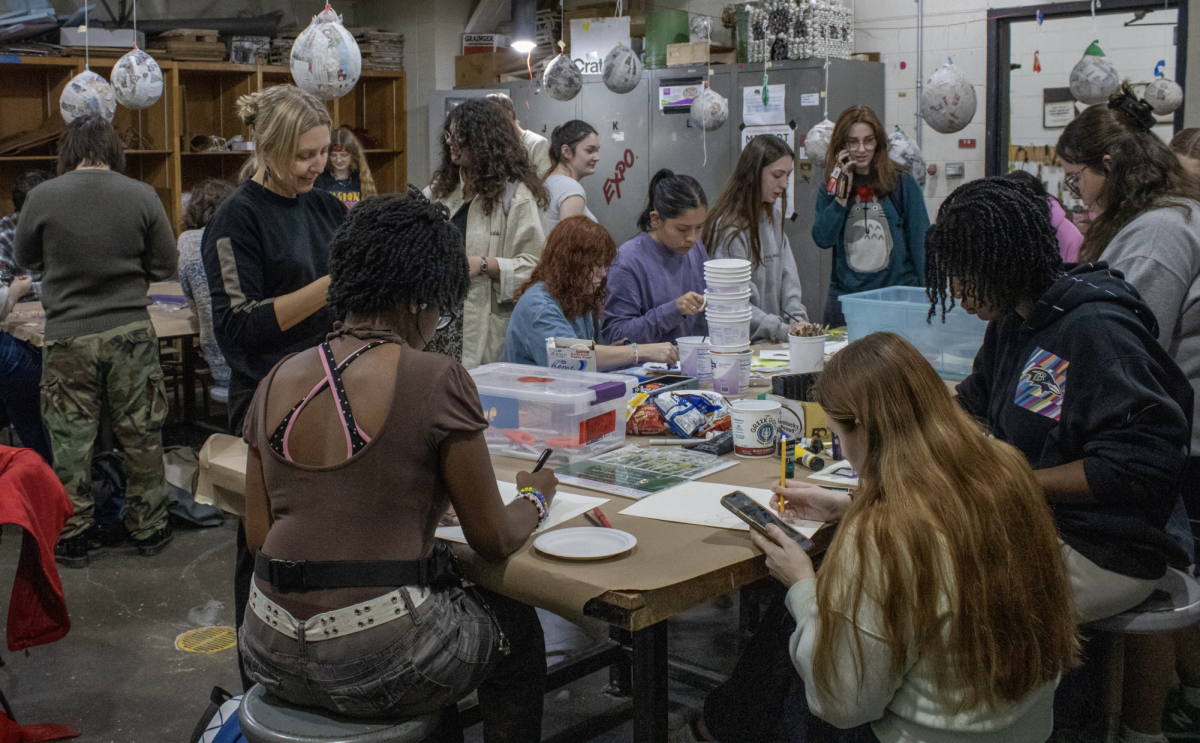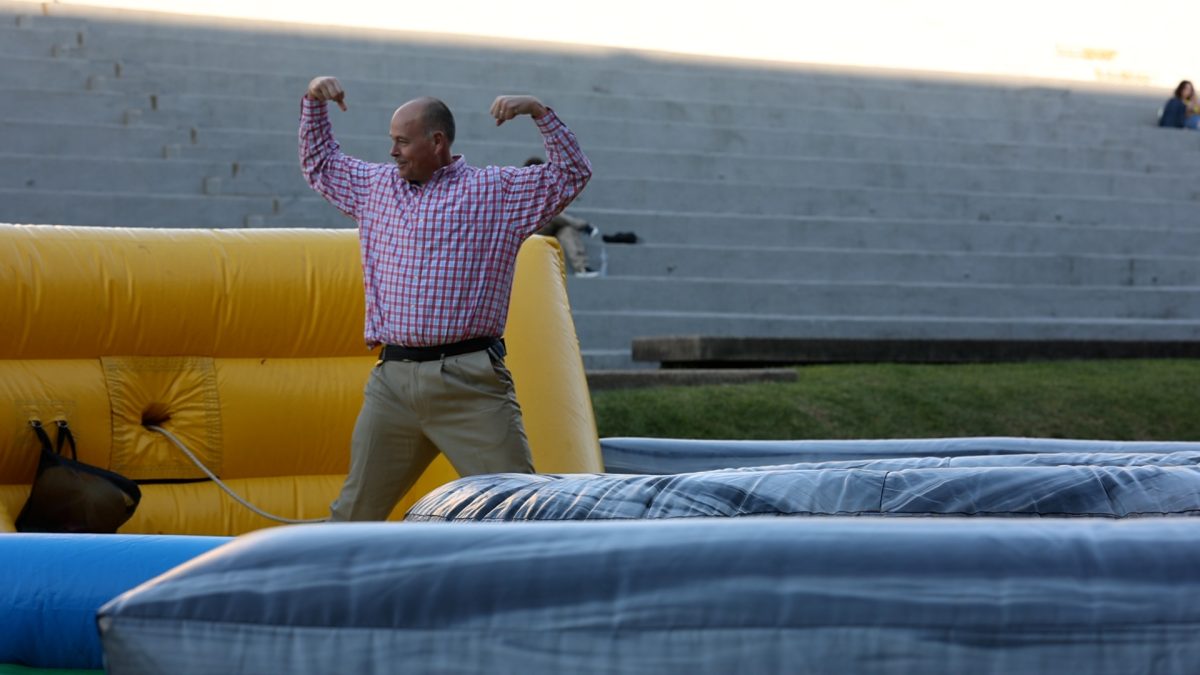Kim Potowski, a professor of Spanish linguistics at the University of Illinois in Chicago, gave a lecture on heritage Spanish speakers and non-native Spanish speakers as part of the Hatcher Modern Languages Lecture Series at the Honors College and International Center on March 15.
“When you’ve got heritage speakers mixed with second language learners in a classroom, what can they learn from each other?” Potowski asked the audience. “How can we make the best of that situation?”
Potowski explained that a heritage language speaker is a student who learned a second language predominantly at home when speaking with their parents or extended family. Oftentimes, the student’s parents and families immigrated from a foreign country.
“This is a room full [of] second language learners and not heritage speakers,” Potowski said. “I thought, this is my shot. My message to them will be, ‘you may at some point have heritage speakers in your classroom. Don’t assume they’re there for the easy A. Don’t assume they know all grammatical terminology. And don’t let anyone tell you the way they speak is incorrect.’ Those were the three things I really wanted to get across.”
Alexa Garcia, freshman and double major in biology for pre-med and Spanish with a health sciences concentration, shared what she hoped to gain before the lecture.
“Dr. Potowski seems to be very knowledgeable on the impact that the Spanish language has,” Garcia said. “That’s important to me and I want to be able to hear about others’ experiences with the language.”
Graycee West, freshman and double major in communication sciences & disorders and Spanish, also explained what she hoped to gain from the lecture.
“There’s a lot of people in America who only speak one language,” West said. “We’re a melting pot, you don’t really understand others if you can’t communicate with them. I think it’s important to break down some of those barriers.”
Garcia was able to share some of her family experiences.
“My dad is from Mexico,” Garcia said. “It’s been hard. He knows English but a lot of family on his side does not. It’s hard having that language barrier. I want to bridge that gap.”
Alexander Poole, chair of the modern languages department and professor of English, described the importance of being proficient in multiple languages.
“Our world is changing for economic reasons, national security,” Poole said. “We need bilingual people. That’s non-negotiable.”
News reporter David Campos-Contreras can be reached at [email protected].

